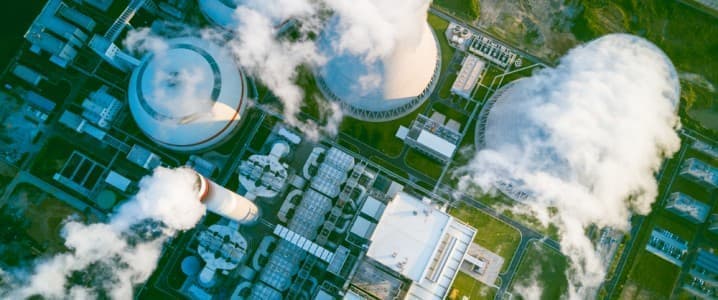
The UK power system faces another winter like the previous one, when supply buffers were too thin and resulted in surging electricity prices, Fintan Slye, director of National Grid ESO, the UK network operator, told Bloomberg.
Imports of electricity accounted for 3.4 percent of the British power supply on Tuesday, National Grid ESO said on Wednesday. Natural gas generated 42.9 percent of British electricity, followed by wind at 23.7 percent, nuclear with 14.3 percent, biomass at 8.3 percent, and solar at 4.1 percent. After months and days at a time without coal-fired electricity generation, coal provided 1.8 percent of the UK power supply on Tuesday, the data showed.
The UK is already considering cutting off gas supply via two interconnectors to mainland Europe under an emergency plan that would be triggered in case of severe gas shortages in Britain, the Financial Times reported at the end of last month.
France has had issues with its nuclear power generation this year, which has reduced the available electricity supply in France and Europe and sent French power prices for next year surging. Half of all reactors EDF is operating are currently offline for planned maintenance or repairs.
France's nuclear power generation accounts for around 70 percent of its electricity mix, and when its reactors are fully operational, it is a net exporter of electricity to other European countries. Prolonged maintenance at several nuclear reactors this year, however, means that France—and the rest of Europe—have less nuclear-generated power supply now. Moreover, power giant EDF has warned that it might have to reduce nuclear power generation this summer because of environmental regulations as the water levels of rivers are low and water temperatures high.